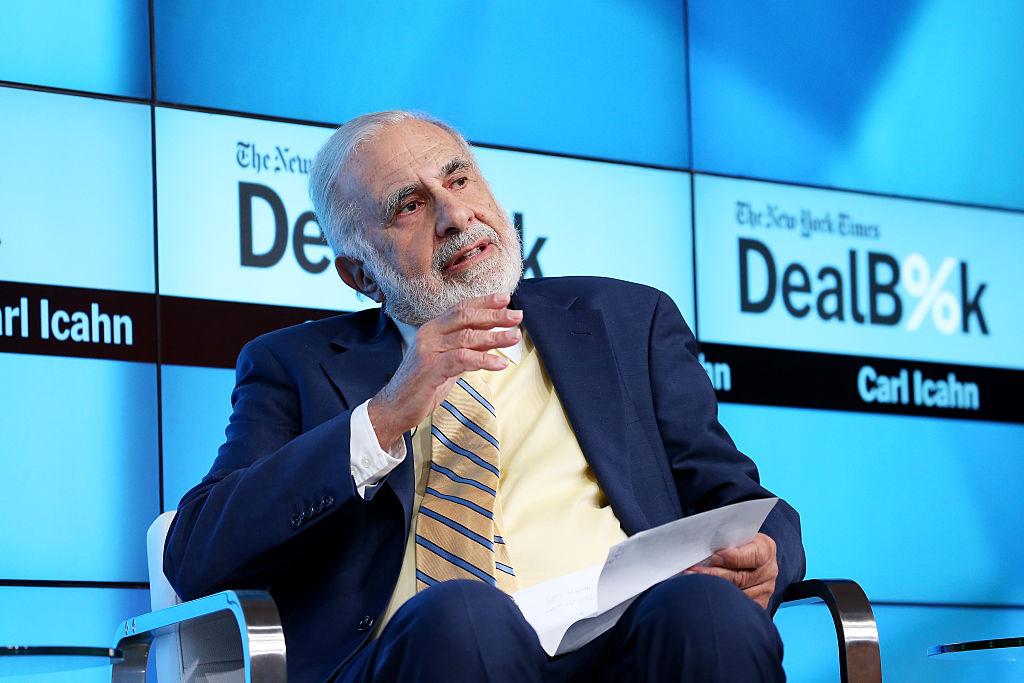Federal regulators have approved activist investor Carl Icahn’s bid to seat a corporate officer on one of the nation’s biggest public utility boards amid concerns about balancing profit motives with public interest.
The Federal Energy Regulatory Commission (FERC), required under federal law to scrutinize and endorse appointments to investor-owned public utility boards, granted American Electric Power Co.’s (AEP) request to add an Icahn Enterprises executive to its board, even though the firm owns less than 2 percent of the company.





